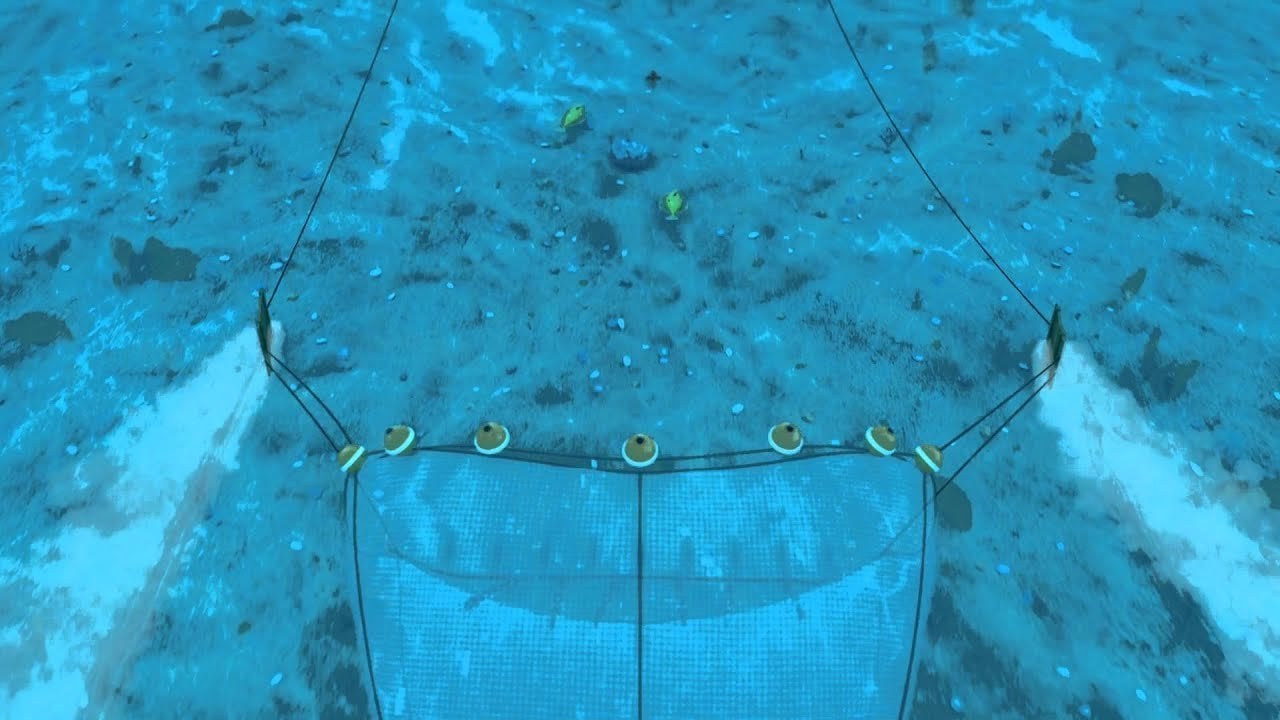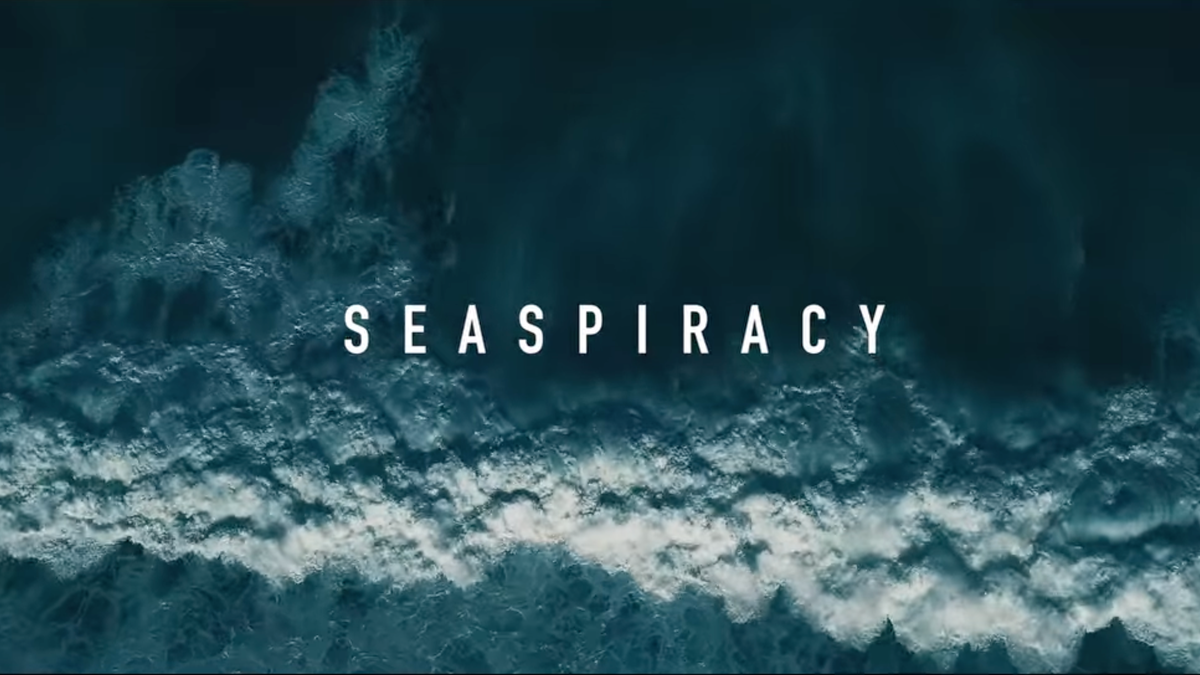- Joined
- Jan 3, 2016
- Reaction score
- 2,081
- Age
- 46
- Lifestyle
- Vegetarian
According to a new study, the finishing method bottom trawling causes between 600 million and 1500 million tonnes of CO2 per year by disturbing and dragging up and releasing carbon from the sea floor. For context, that, if correct, is about 1%-3% of all global heating / climate change.
This appears to be perhaps the first study on this area (that I know of anyway), and unclear how accurate it likely is. It looks pretty rough to me and wasn't based on field work.
The study really challenges the claim that fish is a low carbon product, and reinforces the idea that only a vegan diet is low carbon, since we already know that meat and dairy are high carbon.
Of course, if you were eating fish that you know is a type of fish not obtained from bottom trawling, then it can still be low carbon. And local fishermen in poor countries just sailing out of their harbour and putting a net in the sea is almost zero carbon. Whereas if you are eating fish that you know is gained from bottom trawling, who knows - that might be as destructive as eating beef produced on land where they had to destroy the rainforest in order to get started.
I also think we should support calls for a ban to bottom trawling. Regardless of whether this study is correct, it is very destructive killing.
PS Ignore the clickbait headline about air travel. That is misleading since they have only considered the CO2 effects of air travel, and not the other effects like contrails. Air travel is currently around 5% of global heating (pre COVID).

 www.theguardian.com
www.theguardian.com
This appears to be perhaps the first study on this area (that I know of anyway), and unclear how accurate it likely is. It looks pretty rough to me and wasn't based on field work.
The study really challenges the claim that fish is a low carbon product, and reinforces the idea that only a vegan diet is low carbon, since we already know that meat and dairy are high carbon.
Of course, if you were eating fish that you know is a type of fish not obtained from bottom trawling, then it can still be low carbon. And local fishermen in poor countries just sailing out of their harbour and putting a net in the sea is almost zero carbon. Whereas if you are eating fish that you know is gained from bottom trawling, who knows - that might be as destructive as eating beef produced on land where they had to destroy the rainforest in order to get started.
I also think we should support calls for a ban to bottom trawling. Regardless of whether this study is correct, it is very destructive killing.
PS Ignore the clickbait headline about air travel. That is misleading since they have only considered the CO2 effects of air travel, and not the other effects like contrails. Air travel is currently around 5% of global heating (pre COVID).

Bottom trawling releases as much carbon as air travel, landmark study finds
Dragging heavy nets across seabed disturbs marine sediments, world’s largest carbon sink, scientists report




